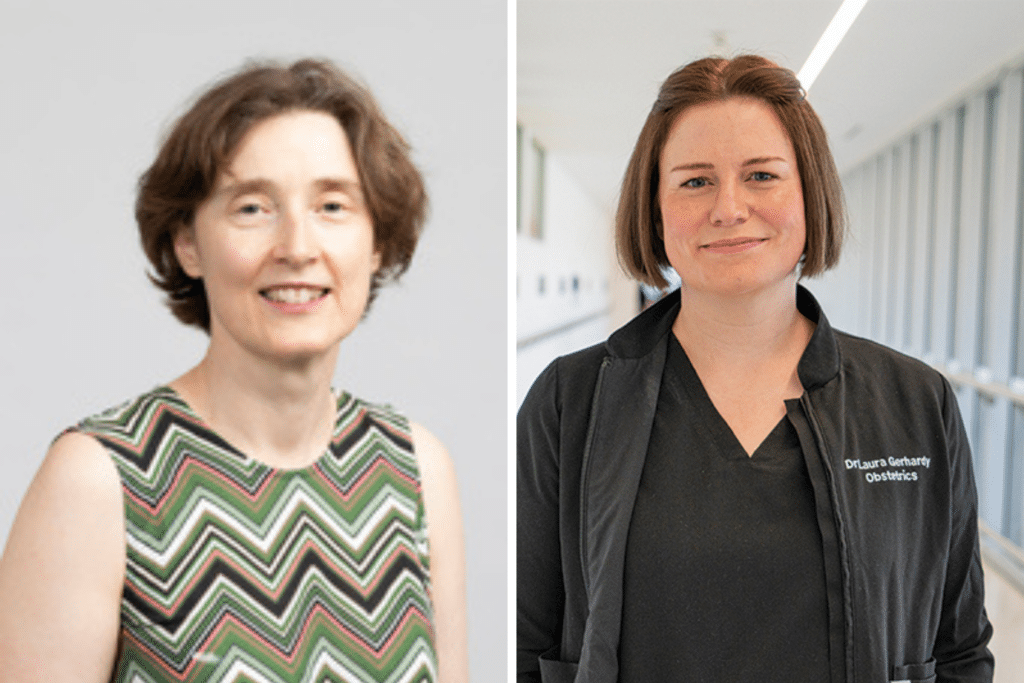Demand for oral retinoids to treat acne has nearly doubled among Australian women of reproductive age in the last nine years, with experts warning there’s not enough discussion surrounding the risks associated with pregnancy while taking these medications.
New research published from the University of Sydney has analysed rates of oral retinoid prescriptions– such as the popular acne medication Roaccutane– and compared them to how many were provided with contraception to better understand the trends.
In nine years, there were 1,545,800 retinoid prescriptions to reproductive-aged women (15-44 year-olds), and 57 per cent were oral retinoids in Australia. The remainder were taking topical retinoids.
The rate of oral retinoid dispensing doubled from 1 in 71 women in 2013 to 1 in 35 women in 2021. However, only a quarter of women taking oral retinoids in 2021 were also using effective contraception subsidised by the Pharmaceutical Benefits Scheme.
Researchers are concerned that this leaves too many women taking the drugs at risk of miscarriages or having terminations due to foetal abnormalities such as face, hearing, ear, cardiovascular and brain problems.
Oral retinoids are teratogenic, meaning they can increase the prevalence of birth defects, and pregnancy avoidance is an important part of prescribing these medications.
Leading organisations in dermatology, obstetrics and pharmaceutical regulatory bodies recommend avoiding pregnancy during use of oral retinoids and for a period following treatment.
However, Australia doesn’t currently have a standardised pregnancy prevention programme for women using oral retinoids, and the contraception strategies for women taking the medication are not well understood. Oral retinoids can also only be prescribed by dermatologists in Australia.
“Every woman should have an effective contraception plan in place well before starting oral retinoids,” said senior author of the study and obstetrician Dr Antonia Shand.
“Only if this happens can we reduce unintended pregnancies among women taking oral retinoids, and thereby reduce the risk of harm to unborn babies.”
Lead author and Maternal Foetal Medicine specialist Dr Laura Gerhardy said she’s “seen multiple women who have conceived unintended pregnancies while using oral retinoids, and then women are left needing to manage the consequences.”
There have been calls for a national framework to better educate young women about oral retinoids, and to ensure they’re consistently able to access contraception options.
Researchers say there must be improved education of prescribers, and a clear pathway for reproductive aged women to safely obtain both retinoid and long-acting reversible contraception.

